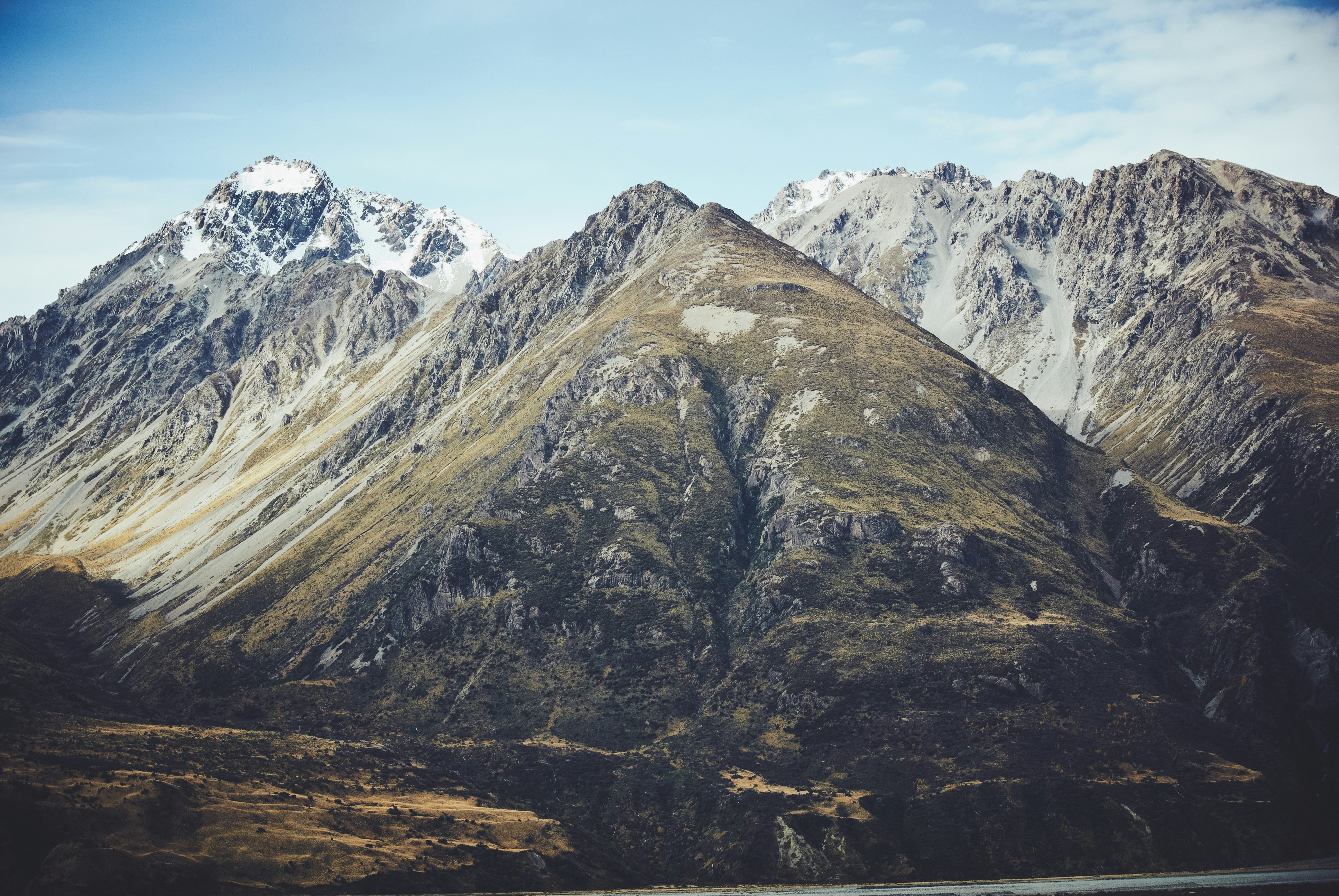Sustainability Leadership In The Polycrisis: A Deeper Enquiry

Image credit: Aleks Dahlberg / Unsplash
In September 2023 I left my role as a Partner within Generation, the investment management firm Al Gore helped set up in 2004 and still chairs. My work was to advance climate-led investing and identify pathways to finance nature in a new business called Just Climate. A dream job, the latest in a string of wonderful sustainability leadership roles I have been privileged to hold over more than 25 years. But this departure was different. It was driven by an insatiable thirst for deeper connections to better understand how I can be of greater service in securing a thriving planet for all life, human and non-human alike.
Leaving felt like stepping into a labyrinth of profound introspection and transformation. This piece was written around that time as I attempted to document my journey into a period of wintering. It serves as a bookmark for my motivations and ponderings as I began exploring the uncharted territory that lies beyond the boundaries of how we have traditionally thought about sustainability. I hope this exploration is helpful to others similarly questioning where we are at as the crises we face escalate and intertwine. It’s an invitation to step off the well-trodden path and venture into the unknown with me. It’s a quest for a new perspective, a different way of thinking and acting, and a profound reimagining of what it means to be a leader, and how that sustainability leadership can address the polycrisis in these transformative times. Ultimately, this would be the time in which I sowed the seeds for the formation of Ostara.
Getting Lost:
I had expected the roller coaster of emotions, knowing I was letting go of both the security of a salary and my ‘status’ in the sustainability leadership world. Those attachments were easy to predict. However, the harder part has been understanding just how deeply shackled my thinking and actions are within the late-stage capitalist system we’ve all been born into—a system I had learned to expertly navigate and succeed in to advance solutions to the climate and nature crises throughout my career.
The decision to step away was to reimagine my role, yet I am realising I need to rewire how I think and act and reframe my entire approach to sustainability leadership. Everything from how I think about the challenges, my daily routine, the ‘uniform’ I wear to work, confusing my busyness for impact, and my measures of success are all calibrated to the wrong system. This is the hard part. My instinct kicks back in so quickly to continue my Sisyphean obsession and just keep pushing the boulder back to the top of the hill, no matter how hard it gets and how many times it rolls back down. There is something of a collective Sisyphean complex in the sustainability leadership world as we know there is no alternative but to get back up and keep pushing forward, no matter the latest policy or market setback.
Einstein told us the definition of insanity is to keep doing the same thing and expecting a different result. But that is exactly where I fear we all are on the climate and nature agenda. Our response: more renewables, more electric vehicles, more trees, and we need it all faster. More consumption of anything physical means more energy, more materials. More speed means we rarely pause to reflect, let alone try to reimagine. Einstein also said we can’t reimagine a system with the same thinking that created it. Our erstwhile efforts have incrementally improved the status quo, but they feel wholly inadequate to these challenges we face. It feels as long as the overarching goal is economic growth, we are going to be stuck within the same thinking. It’s so hard to imagine a world not driven by economics and money, but that feels like a key part of the work ahead.
So, my own inquiry over the coming weeks, months, and years is to sit with the discomfort of not knowing. To embrace getting lost. To recognize that there are parts of me, certainly patterns and behaviours, that need to die to enable something new to emerge. We know from nature that a butterfly must go through a complete metamorphosis to transform from its immature rapacious state as a caterpillar. I don’t think that can be painless. What we often miss from the collective understanding of the hero’s journey is the painful descent into the underworld. The shedding of skins to recover our wholeness. We are living in deeply challenging times of planetary change, mythological times, that require a deeper rather than a faster response. They require the full engagement of our right brain as well as our left. Feeling as well as thinking. We can’t solve the problem simply with our analytical minds – no matter how smart we have become. So I am learning to be comfortable being lost, and this short poem from Wendell Berry is helping:
“It may be that when we no longer know what to do
we have come to our real work,
and that when we no longer know which way to go
we have come to our real journey.
The mind that is not baffled is not employed.
The impeded stream is the one that sings.”
An Invitation to the Deeper Journey:
It feels to me that the broader sustainability movement stands at a threshold. We can continue to push to shift the mainstream to change, or we can listen to Gandhi’s famous words and really start to be the change we want to see in the world. That means deeper personal change and activism for deeper system change. It means rocking the boat more. And there are many ways to protest and change, not just taking to the streets with a placard, but really using our voices in the positions of influence and power we hold, even if it means undermining our own individual position, power, and comfort. It’s not good enough to just be a nice guy or gal working on these issues anymore. As the floods rise and the fires rage, the Earth is calling out to us to wake up and step out of our comfort zone. All of us.
The Pope made a similar call yesterday, building on his 2015 encyclical Laudato Si. We need a more profound cultural and spiritual shift as much as the economic and technical shift the mainstream discourse is focused on. As he states, “to suppose that all problems in the future will be able to be solved by new technical interventions is a form of homicidal pragmatism, like pushing a snowball down a hill.” Yet we mostly cling to the view that if we just push a little harder and scale a little faster, we can solve this.
This post is intended to be a provocation and invitation. There are always more questions than answers, but I am keen to be on a journey of exploration and imagination together. To share what I learn and to learn from all of you. In an ideal world, we would be sitting around the fire telling our stories to each other – perhaps we can create more circles both physical and virtual in the near future.
There are many amazing initiatives, ideas, and people out there working on these issues, mainly on the fringes of society. I am hoping this space can help build bridges and create new opportunities for collaboration and collective reimagining to both challenge and change the existing system and build and resource a future? All with the intention, as Charles Eisenstein calls it, to build the better world we know in our hearts is possible.

